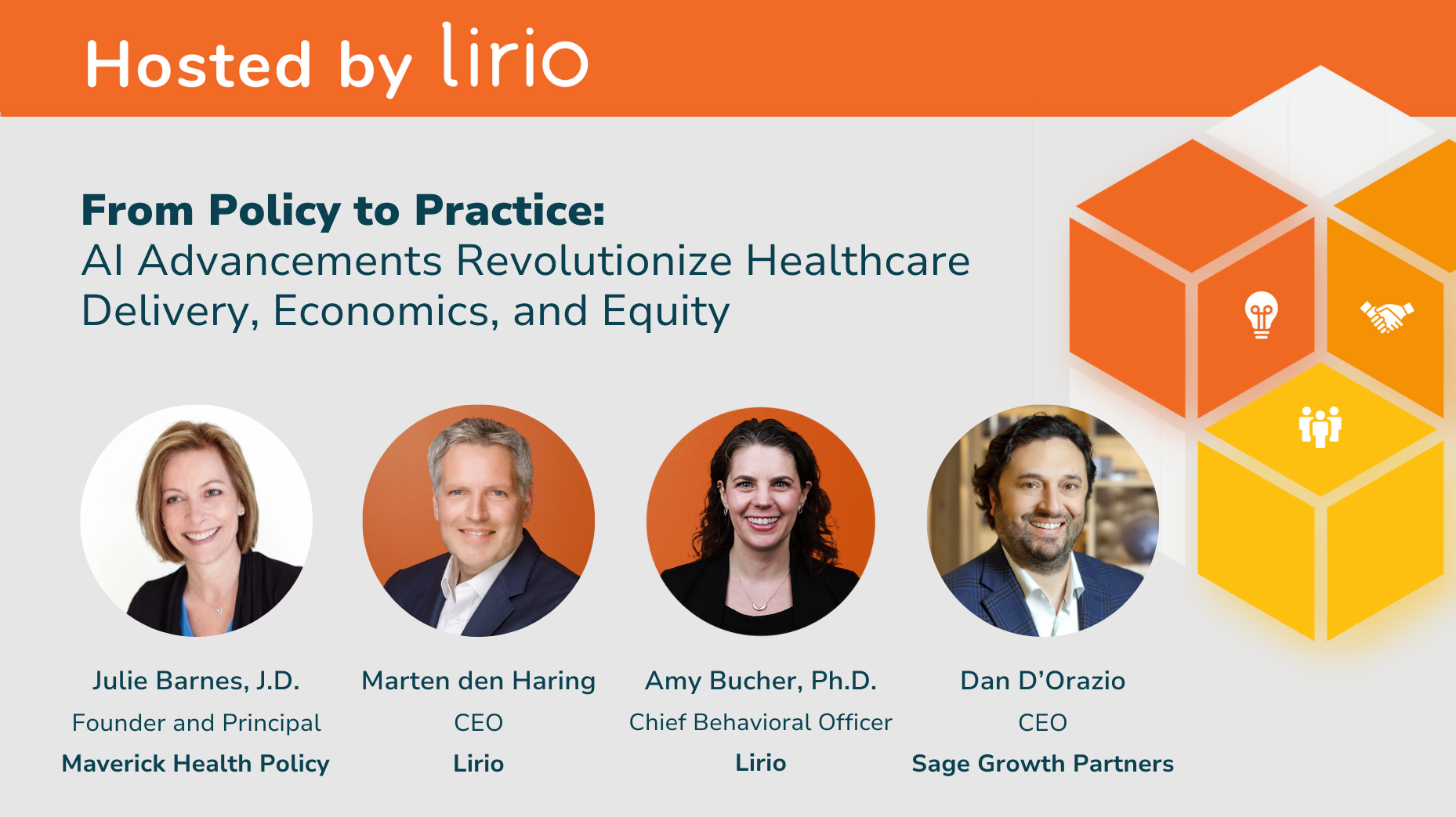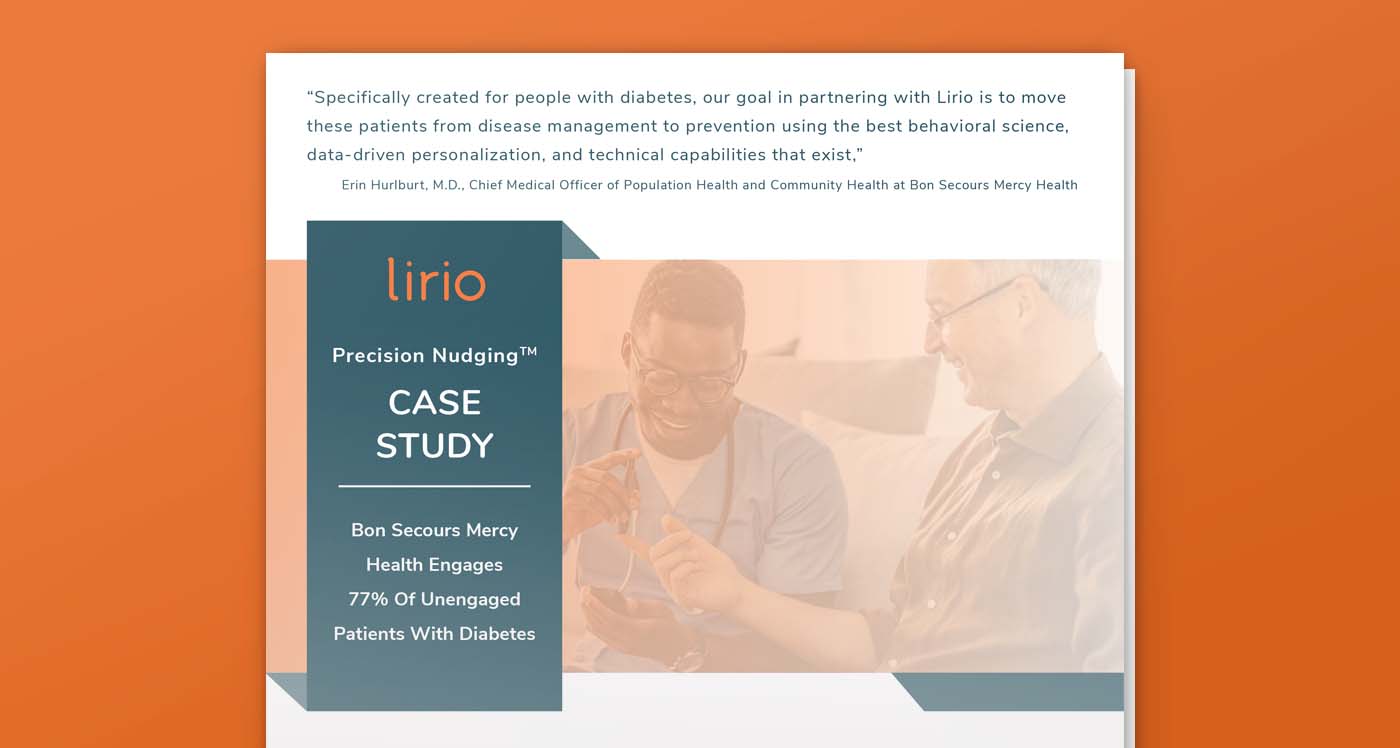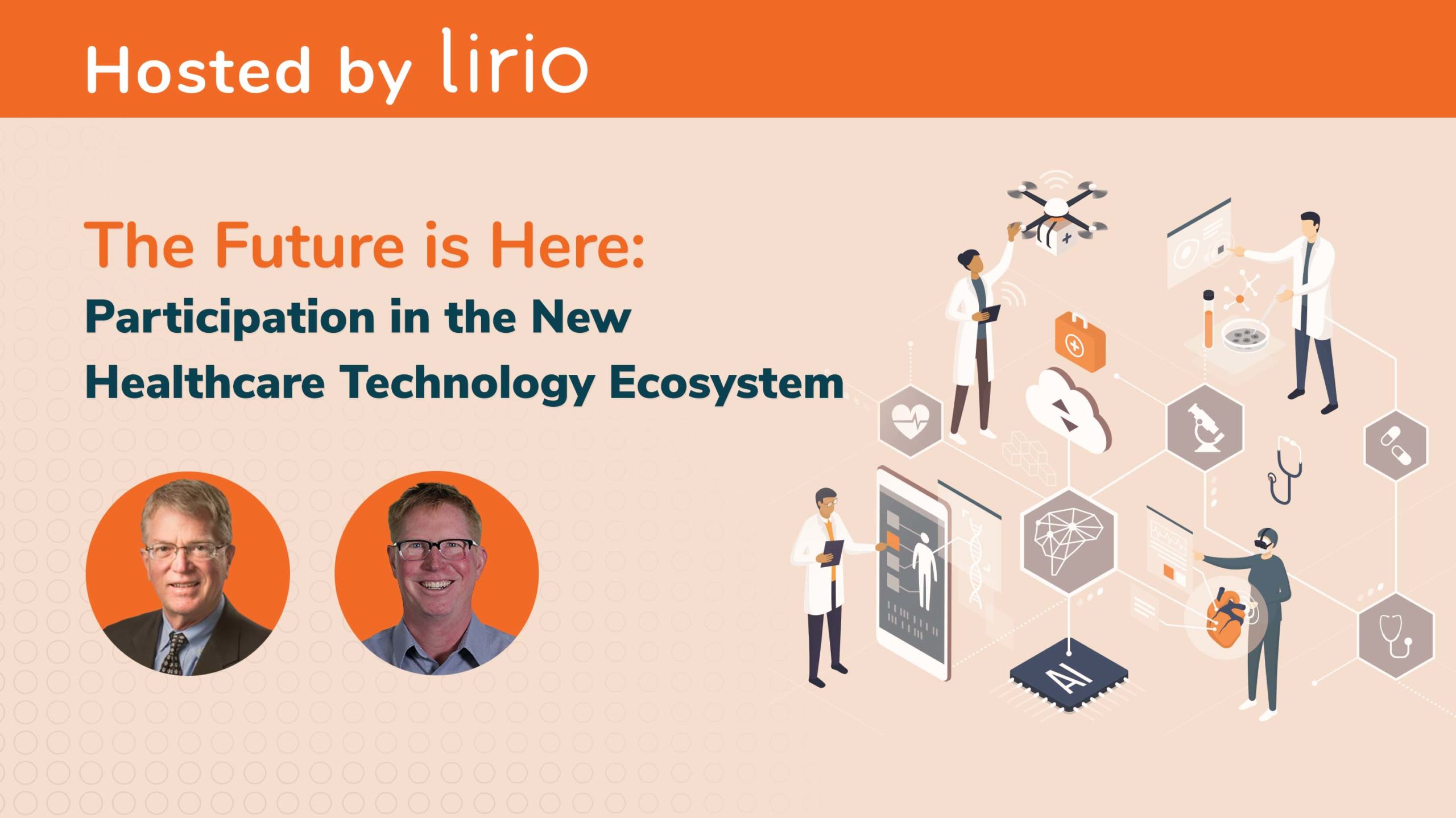

The meteoric advancements of artificial intelligence promise to unleash generational innovation, once thought to take years and decades, in now months and quarters. With U.S. healthcare consuming more dollars than any other industry, hopes run high for how AI can budge, nudge, or even reshape the business of healthcare and patient/member engagement.
Healthcare is no stranger to policy and regulation, but AI presents an entirely new set of questions for governing bodies and elected officials. The pace of AI regulation, while not nearly as fast AI’s technical gains, is increasingly making its presence felt with vast implications on the financing, delivery, and oversight of healthcare. In turn, these regulatory forces also affect when, where, and how AI is optimally used to influence people’s healthcare behaviors. Within an objective-driven AI framework, policy may direct how artificial intelligence can be used to help healthcare organizations achieve goals such as smart utilization, closing gaps in care, and improving quality metrics.
- How policy and technology are reshaping how organizations, patients, and members behave
- What executives should consider on their 2025 AI Policy Roadmap
- Defining and demystifying AI’s superpowers and limitations
- Examining how policy may impact how plans and providers engage their constituents
Moderated by Dan D’Orazio, CEO of healthcare consultancy Sage Growth Partners, you’ll hear expert insights from:
Watch webinar
Explore Lirio

Case Study: Top 20 Health System Moves 87% of Unengaged Patients with Diabetes Toward PCP Visits
Managing diabetes and the related co-morbidities requires consistent physician care to monitor key factors like A1C and ensure proper medications are available to the patient. One of the largest health systems in the US partnered with Lirio to co-develop a Precision Nudging™ solution utilizing hyper-personalized patient communications for people with diabetes.

What Vaccine Hesitancy Can Tell Us About Nudging People to Better Health
Behavioral interventions targeting vaccine adoption, which we designed for a Louisiana health system, have implications for any behavioral intervention aimed at improving and sustaining health behaviors. I recently had the opportunity to share the lessons we learned at a meeting of the Virginia chapter of HIMSS.

Stick to the Point: Personalization at Scale Drives Vaccination Uptake
